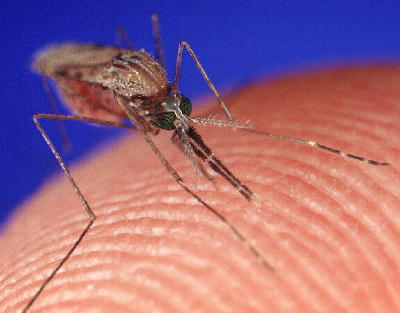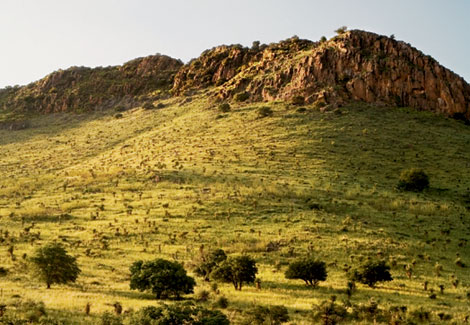
The Panhandle Wind and Wildlife Conference will be held this weekend, August 8 and 9 in Amarillo, Texas, and is designed to provide landowners with an impartial view of wind energy development. The Texas Parks and Wildlife Department (TPWD), AgriLife Extension, and the Texas Wildlife Association are working together to offer the two-day conference.
Some topics will include the history and current state of wind energy, its future and viability, what is known about impact on wildlife, power transmission issues, land appraisals, and the impact on real estate values by wind energy development. Discussion panels will include landowners, several state senators and representatives, universities, agricultural organizations, conservation groups, the wind energy industry and state and federal agencies. Continue reading Conference on Wind Power and Wildlife Issues


